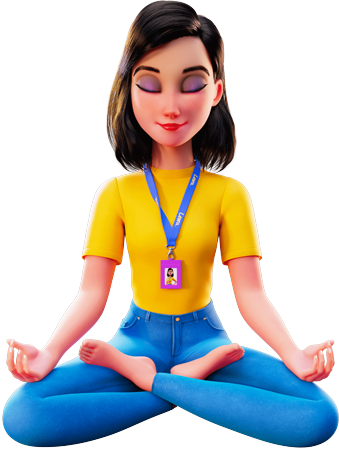
How is Digital Technology Transforming the Accessibility of Mental Health Services and Therapy?
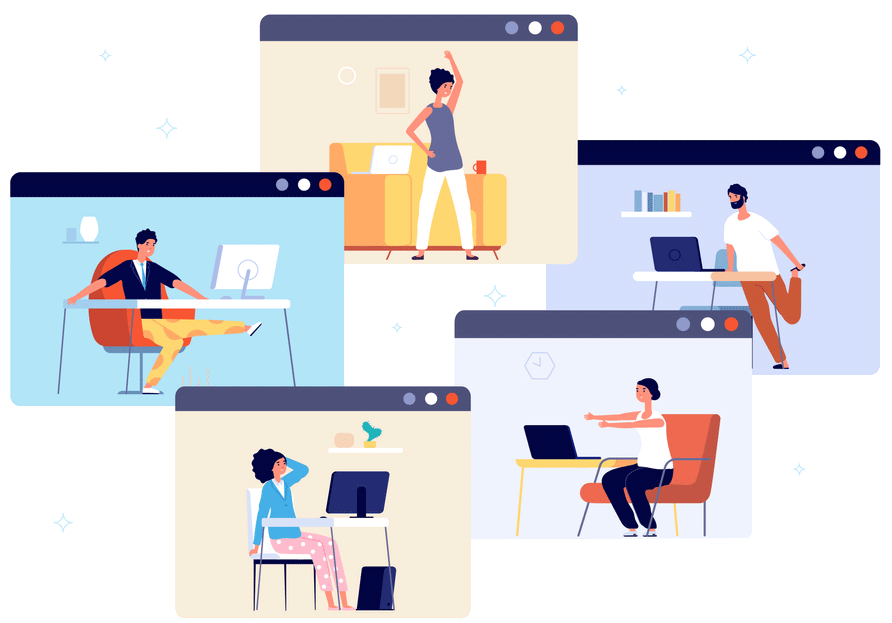
Increased Accessibility
One of the most significant contributions of digital technology to mental health services is its ability to increase accessibility. With the rise of telehealth platforms and mobile applications, individuals can now access therapy and counselling services from the comfort of their own homes. This is particularly beneficial for those who live in remote areas or have limited access to traditional mental health services. According to a study published in the Journal of Medical Internet Research, telehealth services have been shown to reduce barriers to care and improve treatment outcomes for individuals with mental health conditions.
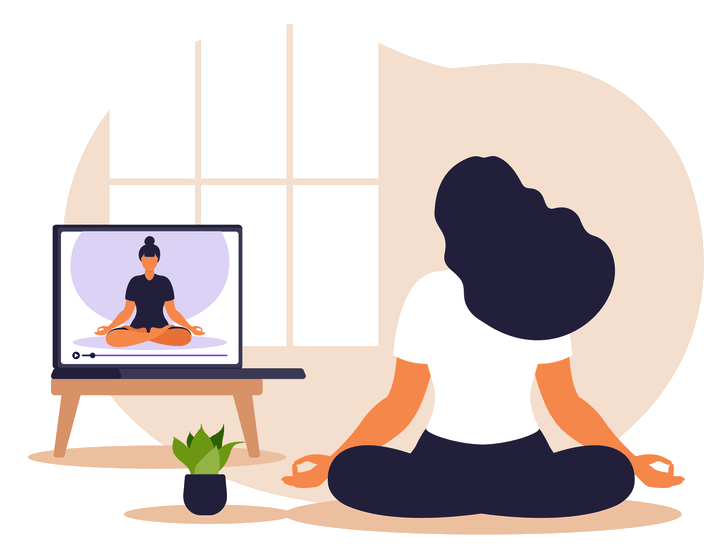
Remote Monitoring and Support
Digital technology has also enabled remote monitoring and support for individuals with mental health conditions. Wearable devices and mobile applications can track vital signs, mood changes, and other relevant data, allowing healthcare professionals to monitor patients' progress remotely and intervene when necessary. For example, apps like LeoraAI or “Leora” for short, offer cognitive behavioural therapy (CBT) exercises and mood tracking strategies to help individuals manage their mental health on a day-to-day basis.

Personalised Treatment Plans
Software development has facilitated the creation of personalised treatment plans for individuals with mental health conditions. Using artificial intelligence and machine learning algorithms, therapists and clinicians can analyse vast amounts of data to tailor treatment plans to everyone's unique needs and preferences. This personalised approach not only improves treatment outcomes but also enhances the overall patient experience.
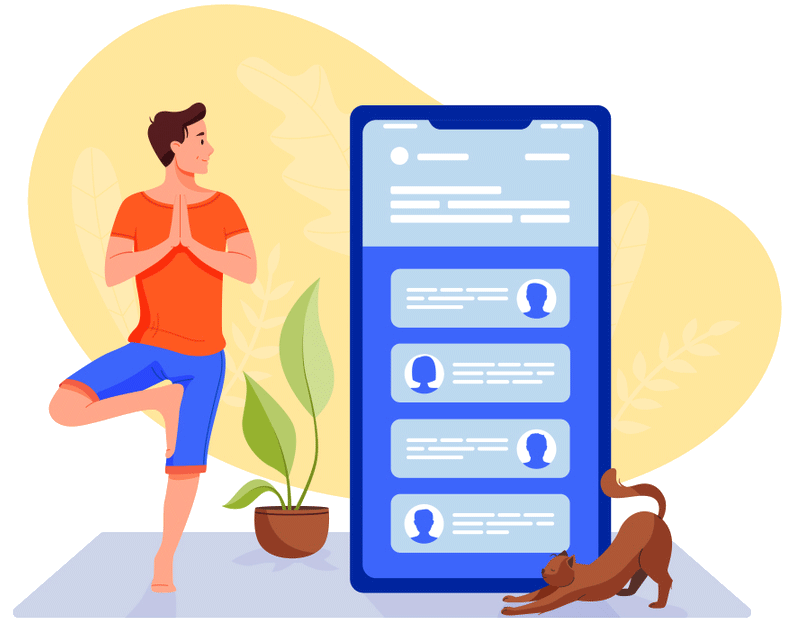
Stigma Reduction
Digital technology has played a crucial role in reducing the stigma surrounding mental health issues. Online forums, social media platforms, and mobile applications have provided individuals with safe and anonymous spaces to share their experiences, seek support, and connect with others who may be going through similar challenges. This sense of community can be incredibly empowering for individuals struggling with mental health conditions and can help break down barriers to seeking help.
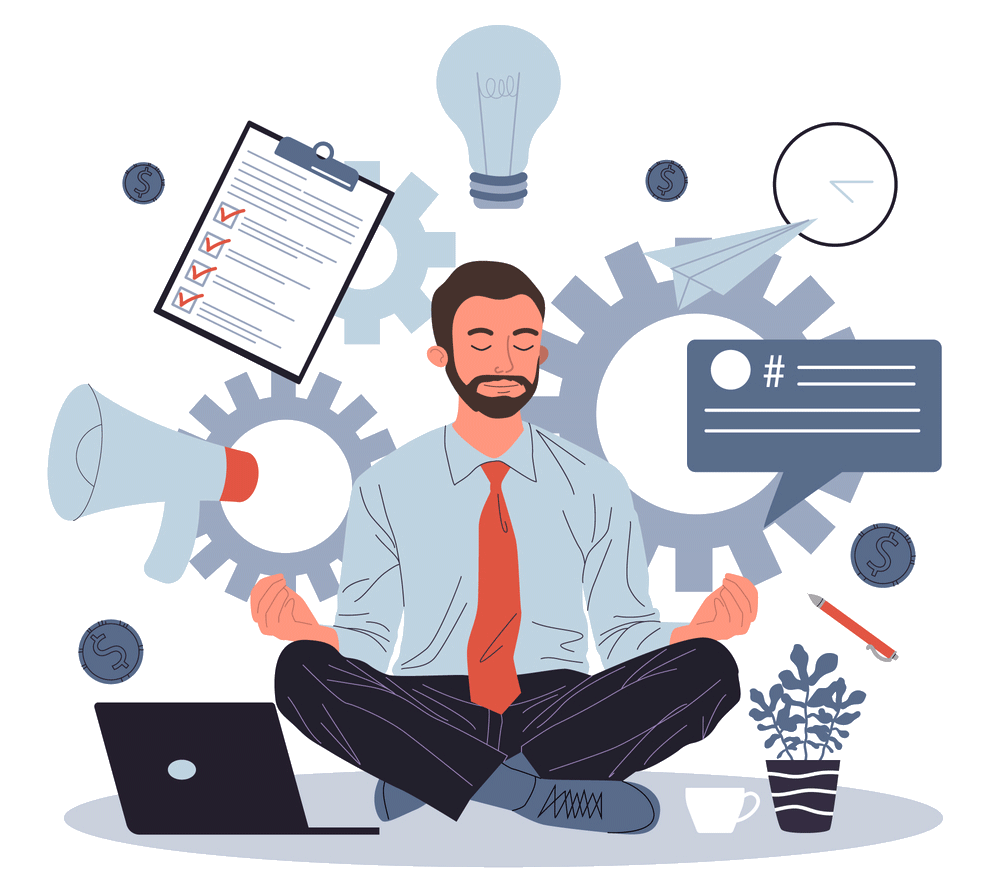
Scalability and Cost-Effectiveness
By leveraging digital technology, mental health service providers can scale their operations more efficiently and cost-effectively. Telehealth platforms allow therapists to see more clients in less time, reducing the need for physical office space and overhead costs. Additionally, digital interventions such as online therapy programs and self-help apps can reach a larger audience at a fraction of the cost of traditional therapy sessions.

Real-Time Intervention and Crisis Management
Finally, digital technology enables real-time intervention and crisis management for individuals experiencing acute mental health crises. Crisis hotlines, text support services, and mobile applications offer immediate assistance and resources to individuals in distress, helping to prevent potential harm and connect them with appropriate care providers.
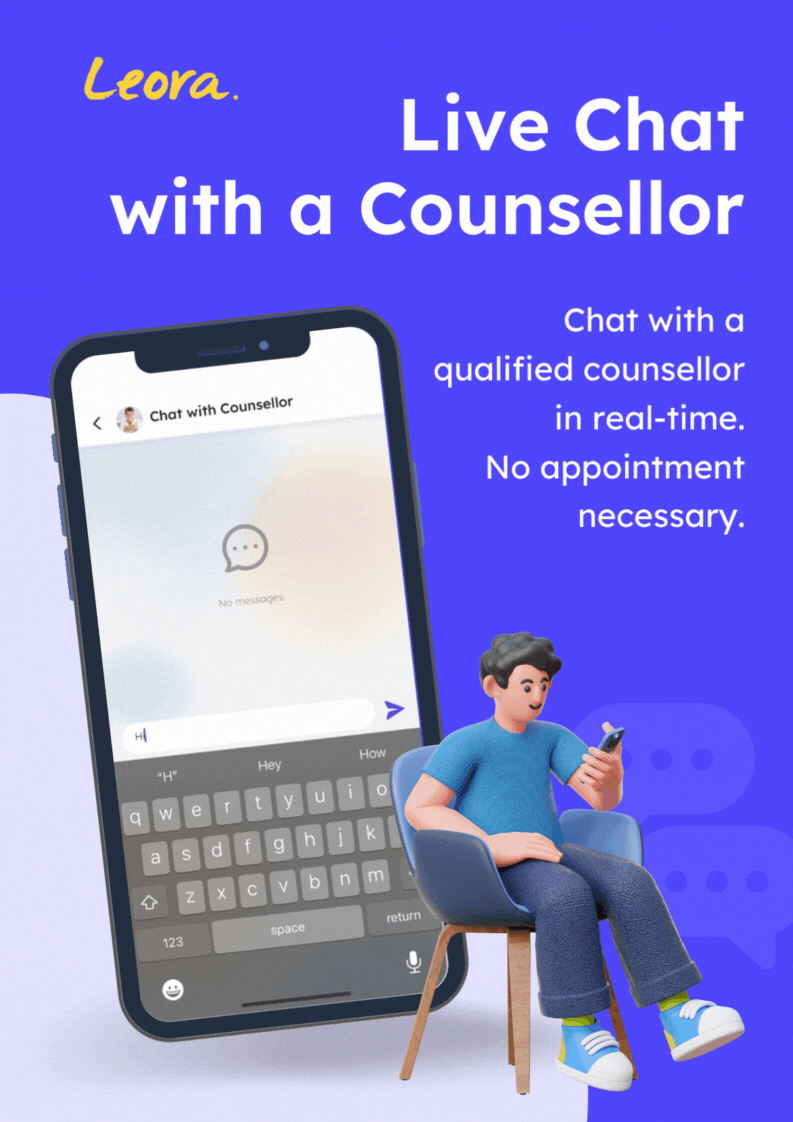
Leora – A Real World Example
- Live Chat with a counsellor – a new feature that allows users to engage in text therapy with an experienced counsellor on the app. Conversations available weekdays 9am – 5pm AEDT, and chats may be subject to wait times depending on counsellor availability.
- Book therapy sessions – users can book, manage, and attend therapy sessions with their preferred mental healthcare professional via Telehealth on the app
Leora also provides in-person opportunities for businesses to support employee wellbeing, such as in-person counselling sessions and bespoke wellness events. With a growing body of research supporting the efficacy of on-demand mental health services, Leora is a prime example of how digital technology can assist traditional mental health services and improve outcomes for individuals with mental health conditions.
If you’d like to check out Leora, please visit this link : Leora
Our Development Work with Leora
Intergy are proud to say that we have also built bespoke functionality for Leora, as we developed their newest in-app feature – Live Chat. This enables people to chat with a real human and receive counselling services digitally through the Leora platform. This functionality is essential as it complements the suite of offerings already available within the Leora application, and provides a real, human experience in a safe and accessible environment.
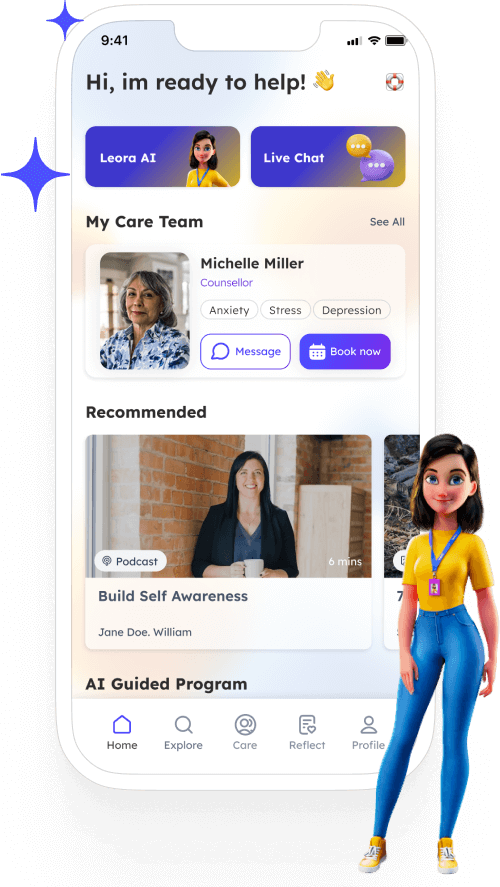
Conclusion
Digital technology has revolutionised the accessibility of mental health services and therapy, making support more readily available to those in need. From increased accessibility to personalised treatment plans and stigma reduction, software development has paved the way for a more inclusive and effective approach to mental healthcare. As technology continues to evolve, we can expect to see even greater advancements in the field of mental health services, improving outcomes for individuals worldwide.
